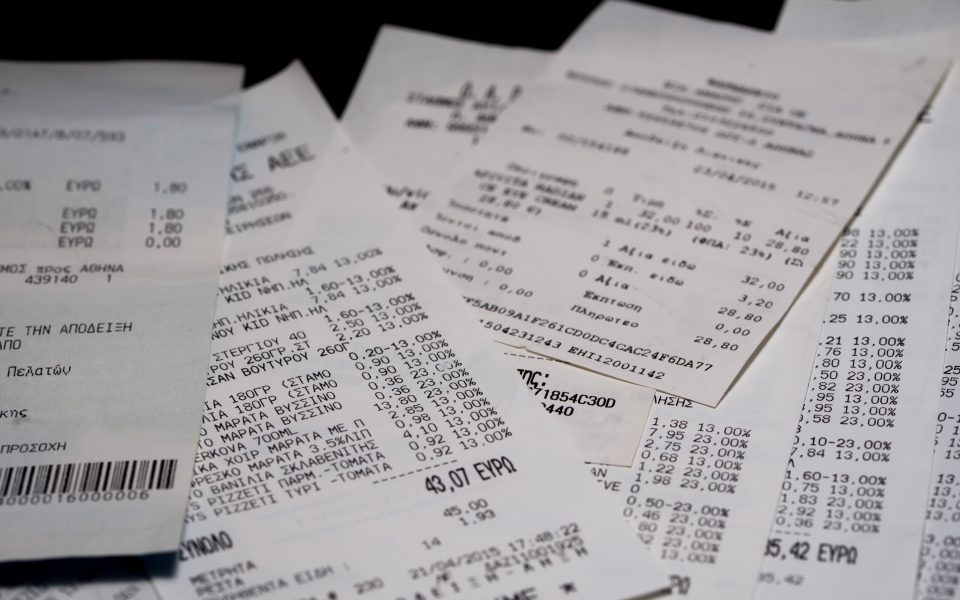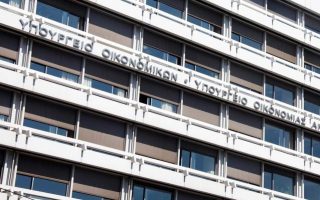Yearly tax evasion over €8 bln
Gov’t to implement more measures this fall in bid to collect up to half of the revenues lost

Tax evasion may be ranging between 8 and 10 billion euros per year, according to rough calculations, and half of that could be recovered, Deputy Minister of National Economy and Finance Haris Theocharis told Skai Radio on Thursday.
Were tax evasion to be zeroed out – which is unrealistic – the state could double the budget of the Health Ministry, which amounts to €6.1 billion, or the Ministry of Education, which comes to €5.2 billion, and repeal the Single Property Tax (ENFIA) at the same time.
Tax evasion is at the fore and the financial staff has already started planning for the adoption of new measures that will be activated in the fall, as well as the acceleration of others that have already been voted on. Revenue from curbing tax evasion is the key source to deliver the benefits announced without jeopardizing the achievement of fiscal targets.
As Theocharis noted: “The plan to combat tax evasion has a number of pillars. The first is the increase in the use of new electronic payment methods, for example the interconnection of POS and cash registers, the timetable of which we will compress to a degree that it will come in early 2024; also, electronic invoicing and other things that we hear about – it is about time we implemented them.”
The second pillar is to increase checking and cross-checking so that this wealth of data can be leveraged. The audits should be more focused, shorter and smaller, he noted. A third pillar is the structure of the tax system itself, in the sense that there is a tax system that favors tax evasion and a tax system that closes loopholes and does not favor it. Here we have the example of freelancers, and we all feel there is a much bigger margin there compared to employees and pensioners, noted Theocharis.
According to tax office statistics, six out of 10 households declare annual incomes that do not exceed €10,000, while incomes on the poverty line, namely up to €5,000, are shown by 37% of taxpayers. Almost seven out of 10 freelancers and self-employed reported net incomes of up to €10,000.





